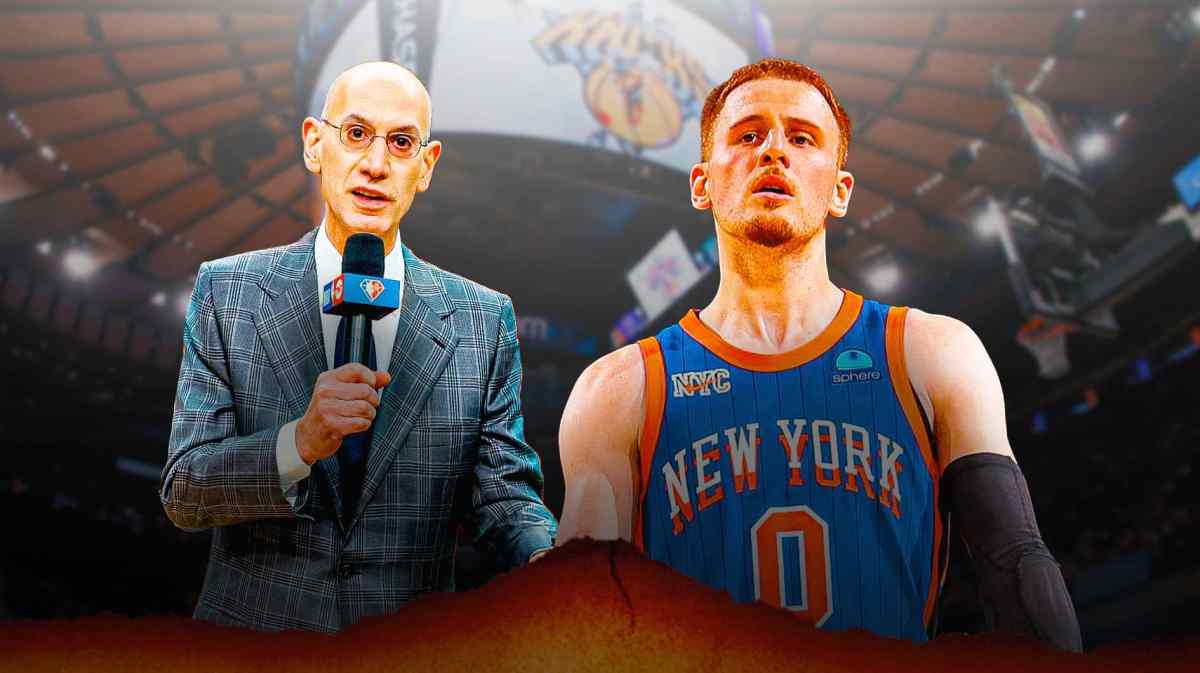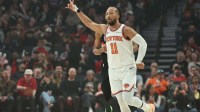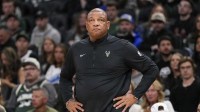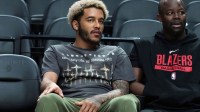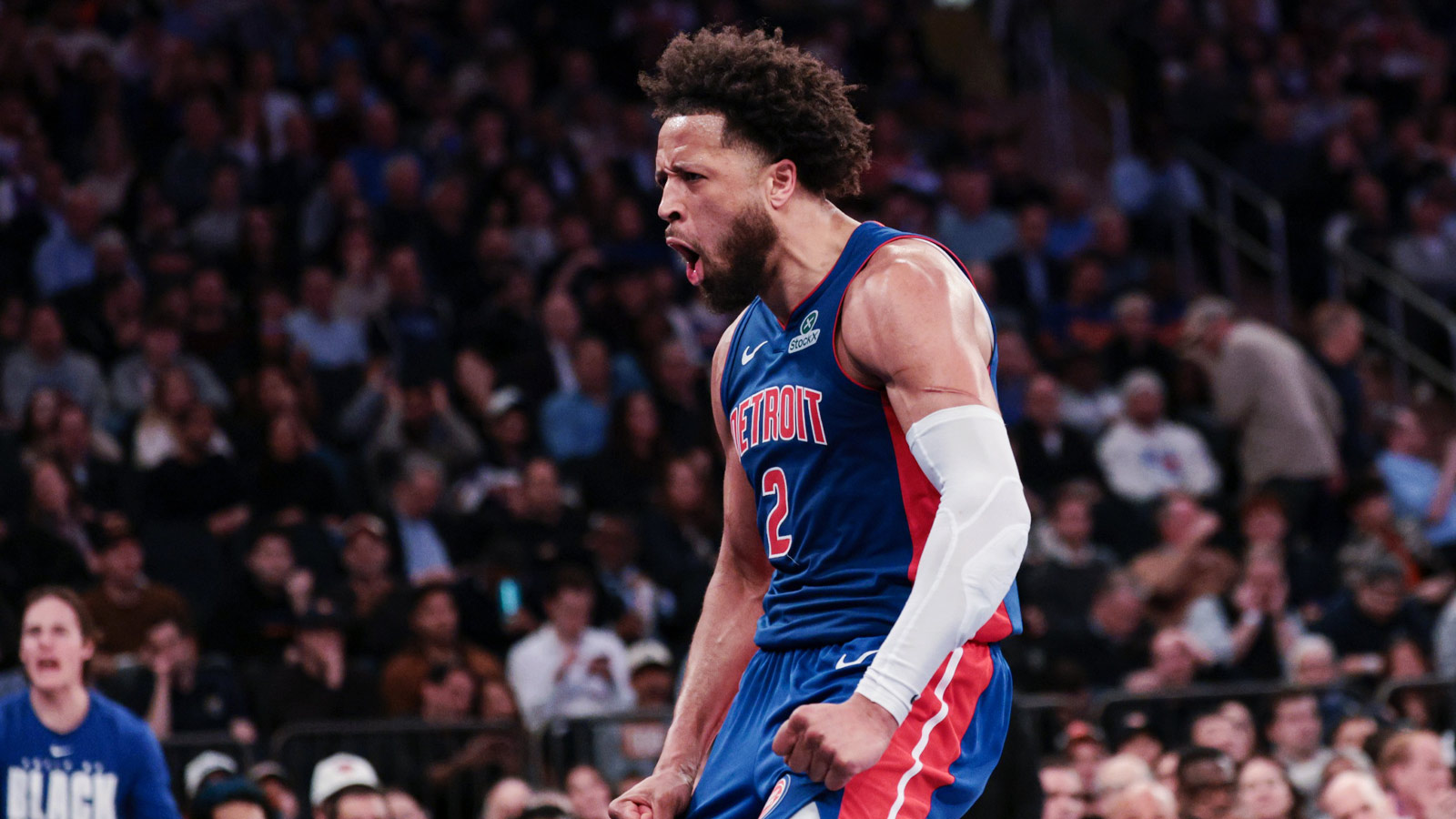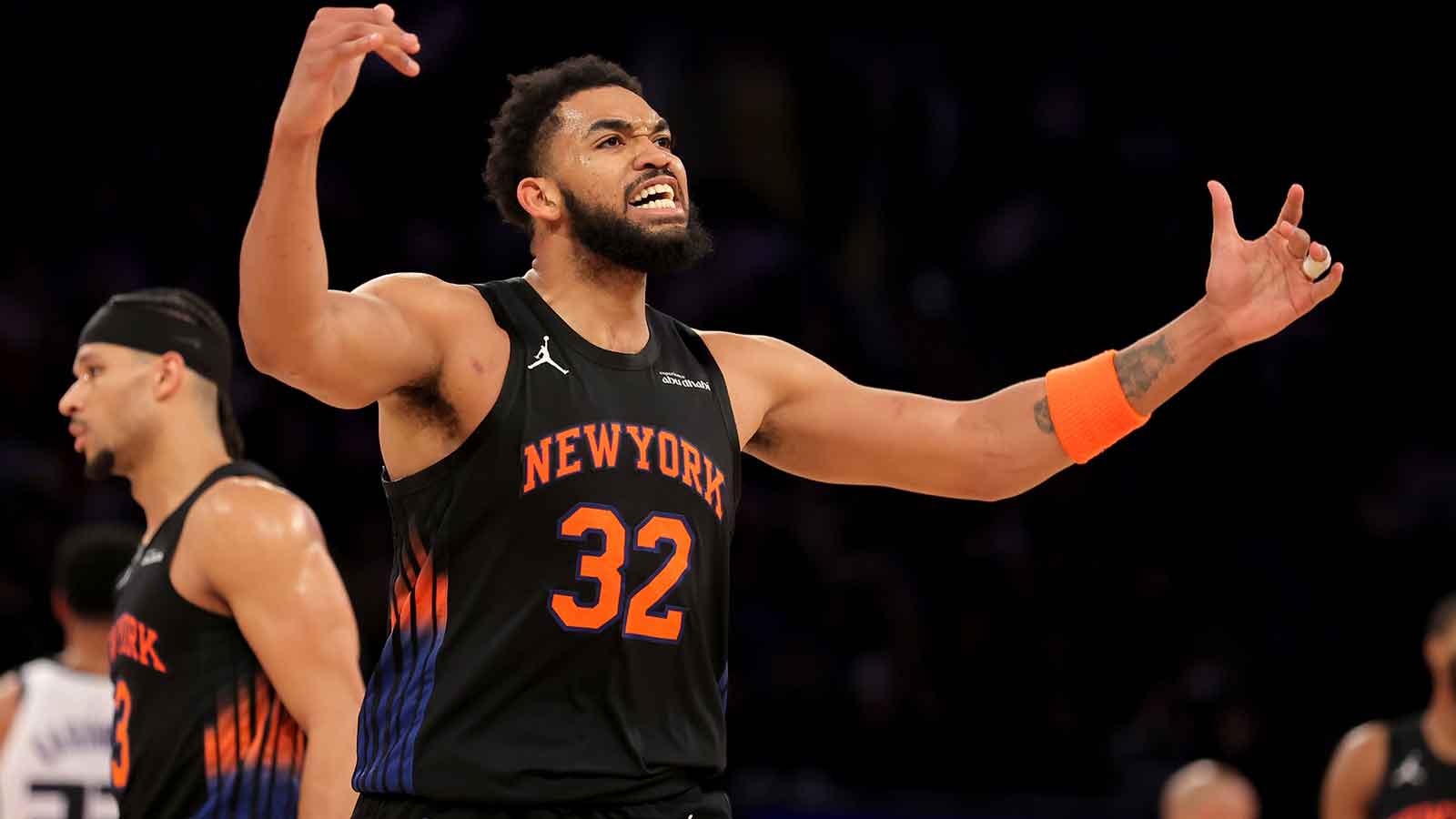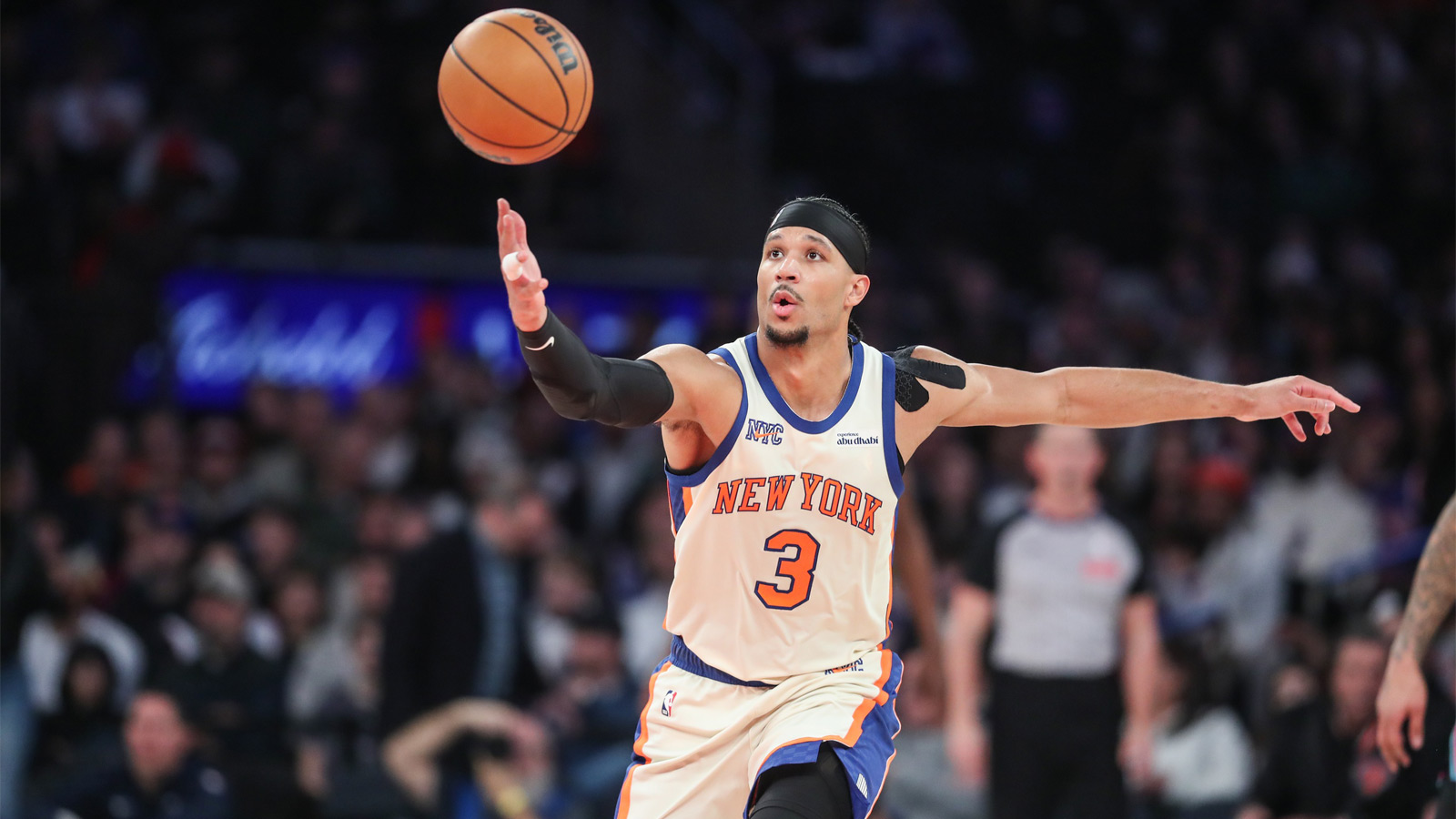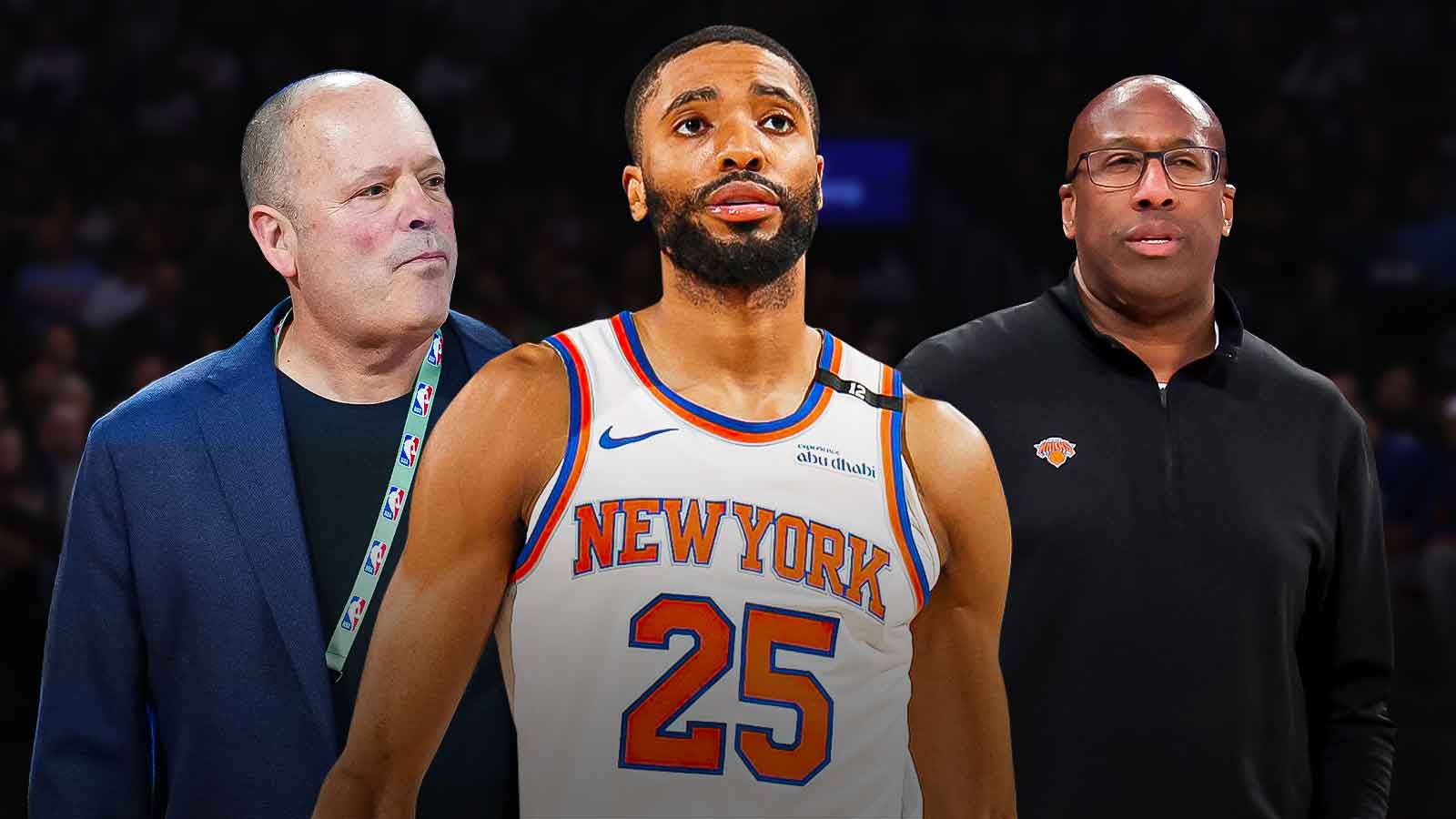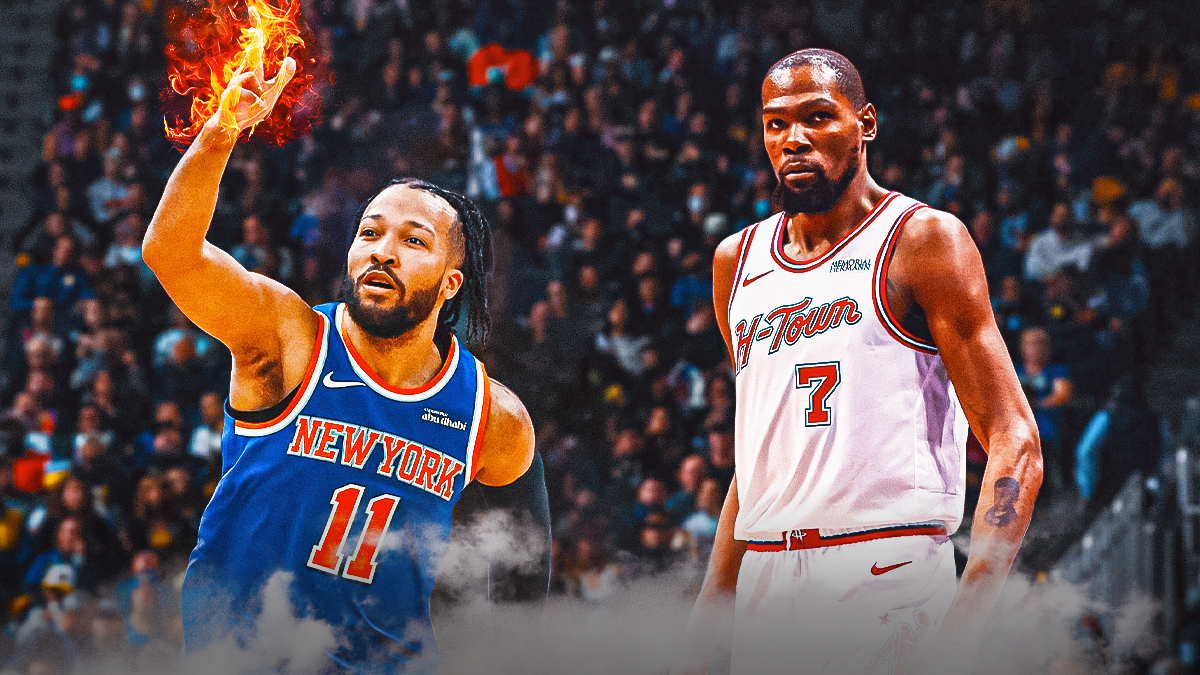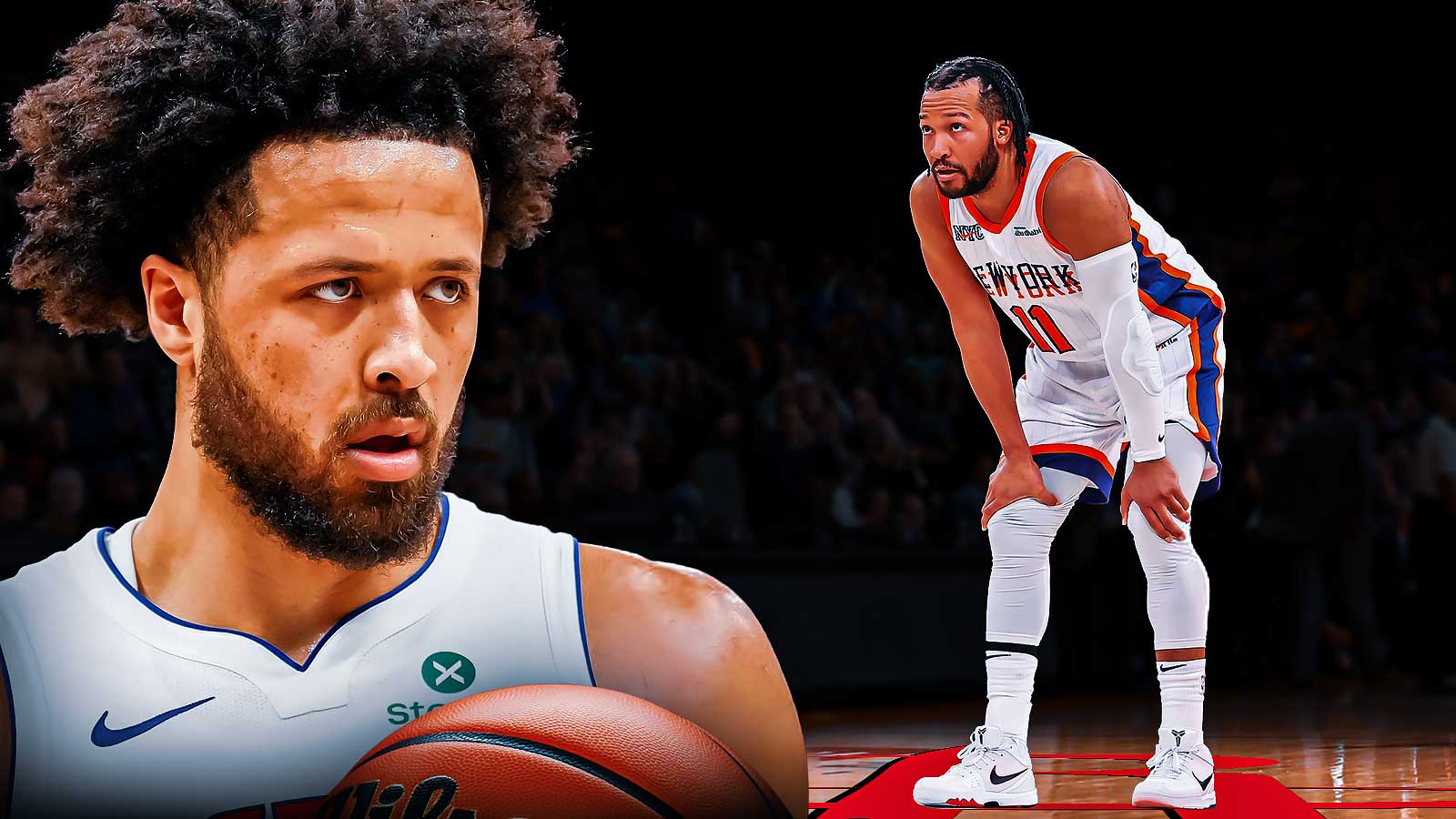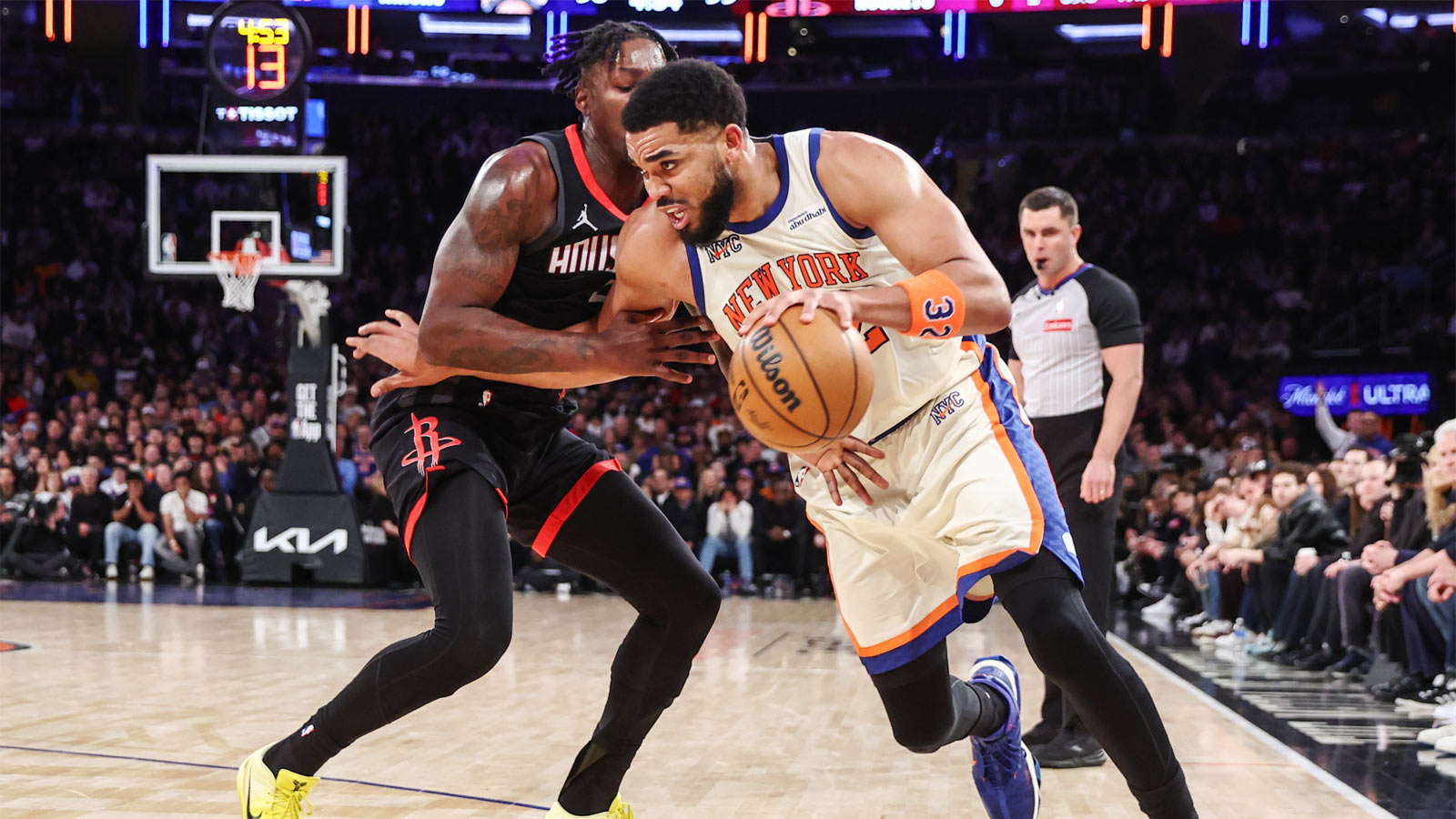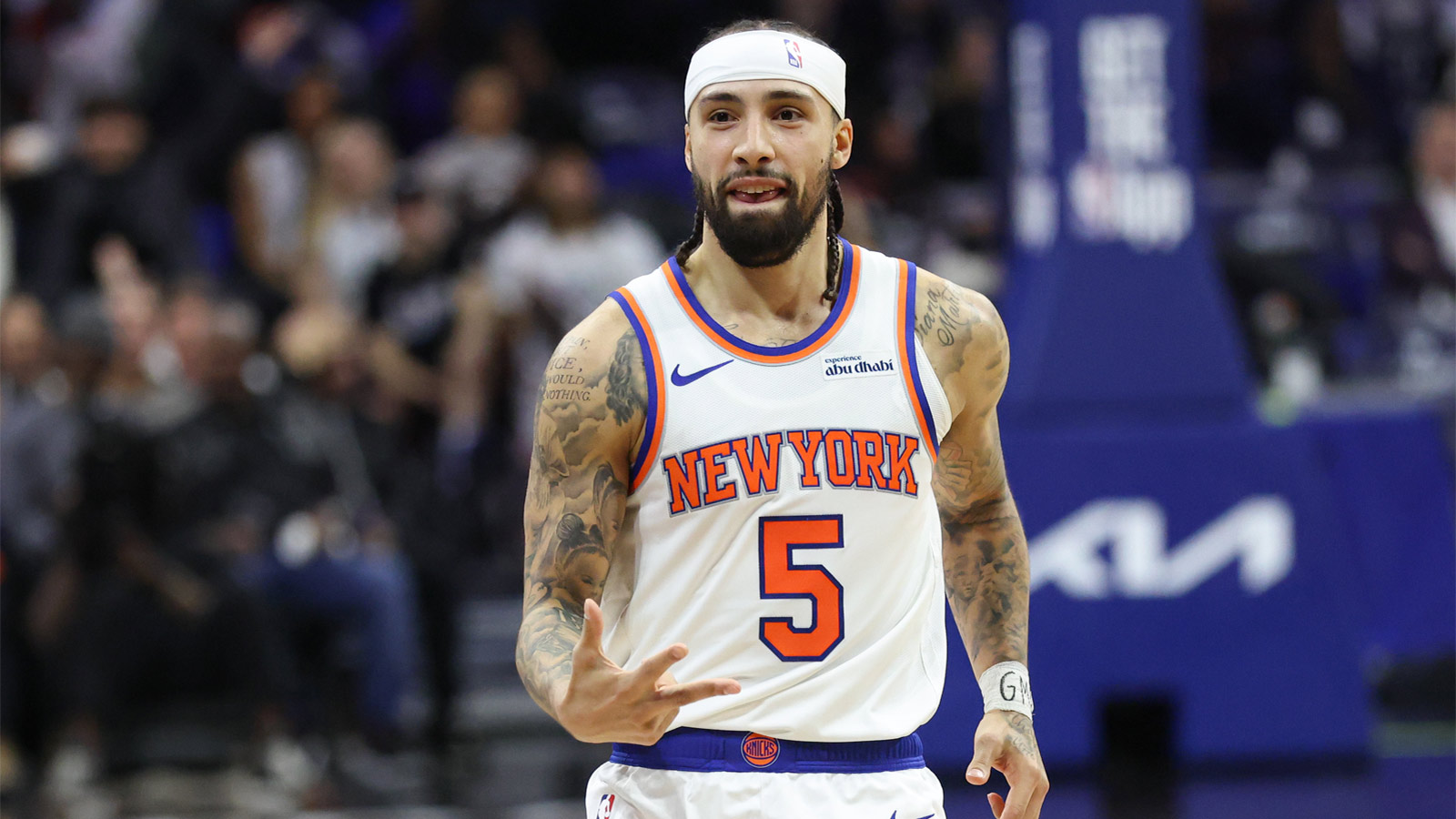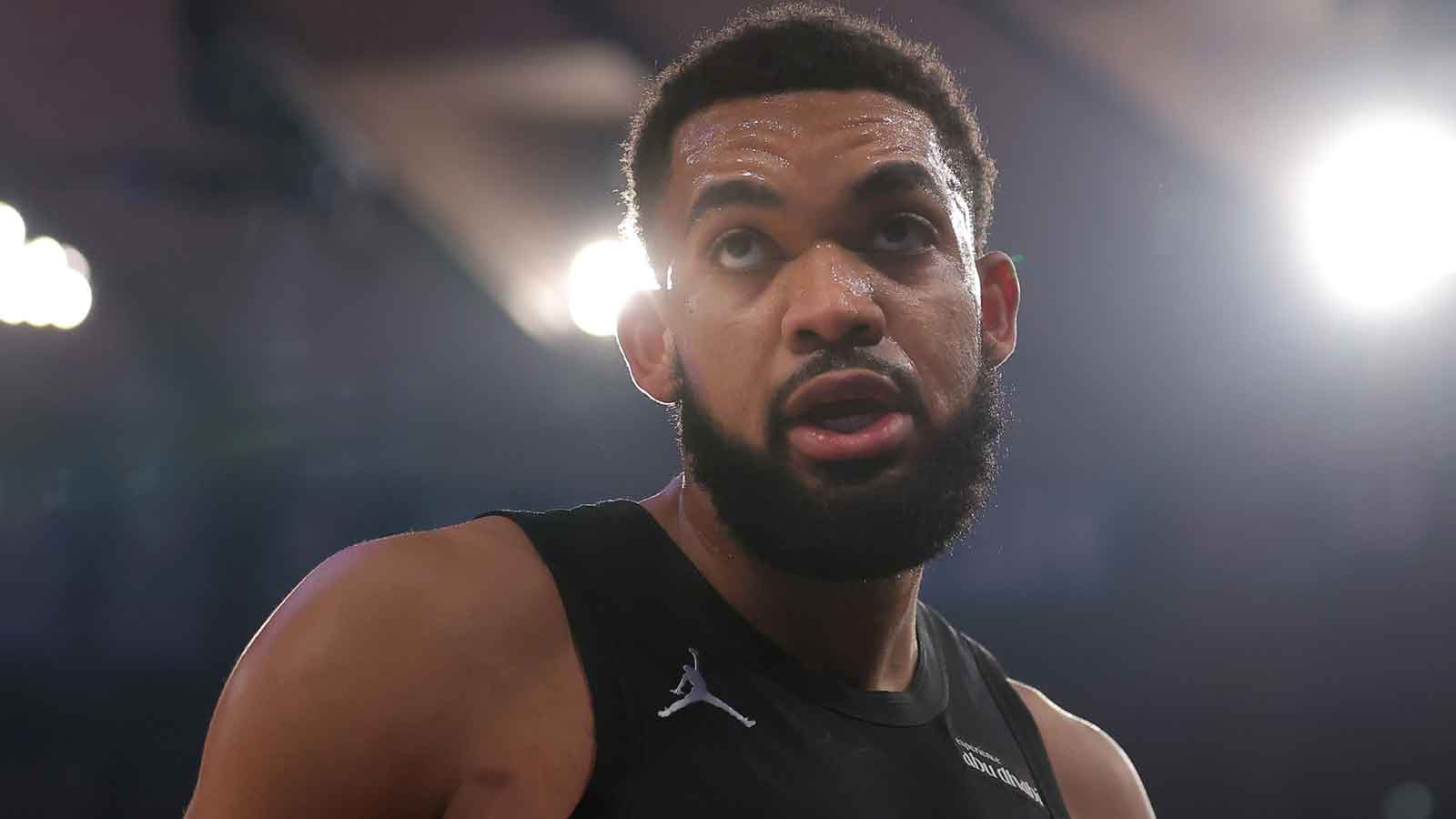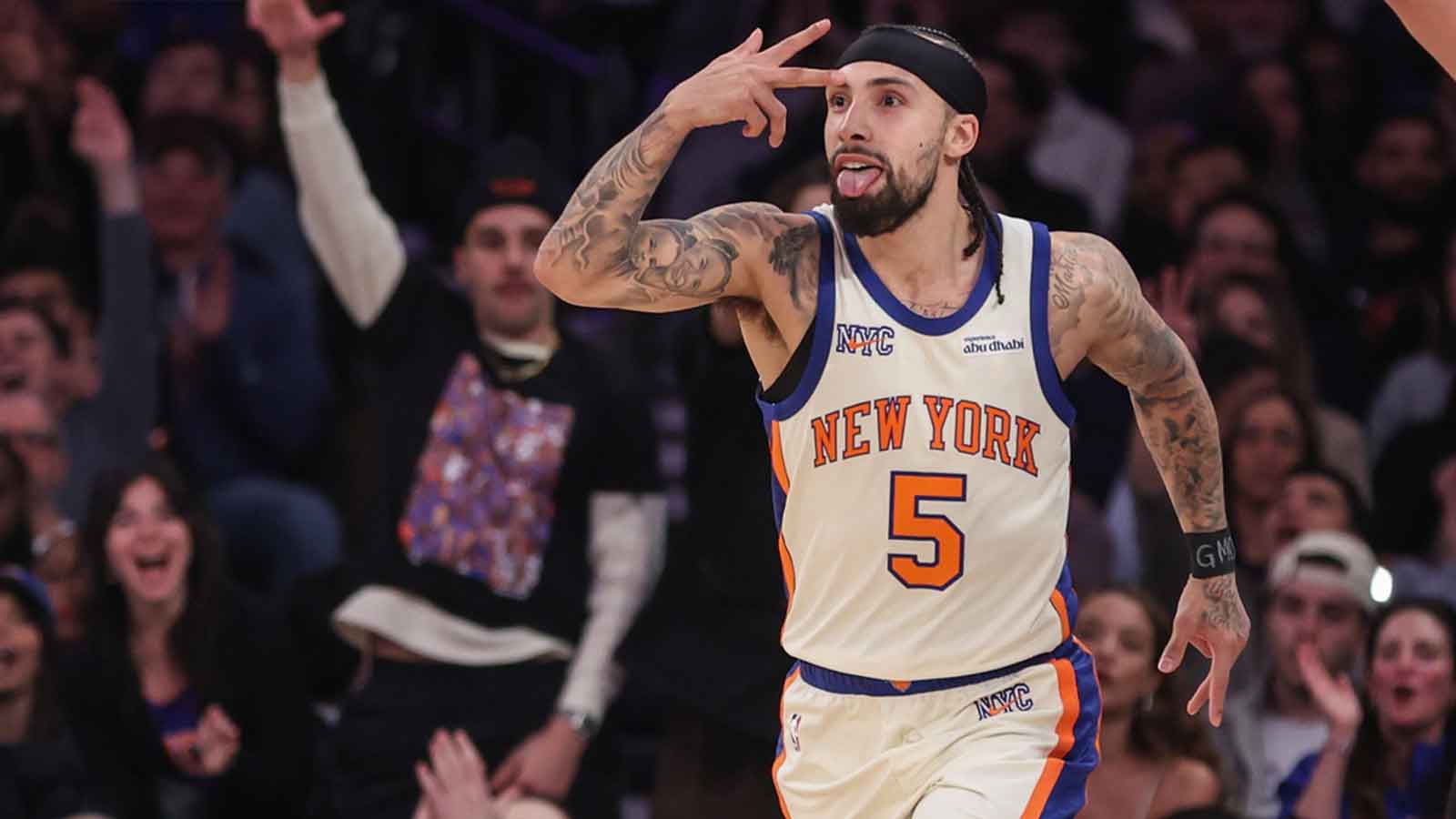Most hand-wringing associated with the NBA's new minimum games threshold for postseason awards has come with respect to All-NBA selections. While the vast majority of individual honors are now subject to the prerequisite of 65 games played, no achievement effects more players and their future earnings potential than the 15 slots for All-NBA.
Tyrese Haliburton hardly hid his distaste for the rule as he returned from a strained hamstring in late January, rushing back to the court as soon as possible to maximize his chances of earning an extra $41 million on his maximum contract extension—the amount he stands to rake in by making All-NBA in 2023-24, pushing the total value of his extension up to 30% of the salary cap from 25% due to the ‘Rose rule' for players coming off rookie deals.
“I think it’s a stupid rule, like plenty of the guys in the league, but this is what the owners want, so as players, we gotta do our job and play in 65 games if we’re able to,” the Indiana Pacers star said on January 30th. “So, that’s what I gotta do, take care of my body to be able to play in those games, and I think you’re seeing other players in the league kind of face the same thing. As long as the owners are happy.”
Haliburton played just over 22 minutes in his team's loss to the Boston Celtics, barely surpassing the 20-minute mark in each of the Pacers' next three games. Why did Indiana clear its franchise to come back if he was only ready to play less than two-thirds of his normal minutes load?
Provisions of the NBA's rule on minimum appearances for postseason awards states that reads as follows in the CBA.
“A player is considered to have played in a Regular Season game for these purposes if he played at least 20 minutes of such game, provided that in respect of no more than two games per Regular Season, a player is considered to have played the game if he played at least 15 and fewer than 20 minutes.”
Just stepping on the floor doesn't count as a “game” played for purposes of award eligibility. The Pacers ensured a still-recovering Haliburton played 20 minutes in those four matchups upon his return to increase his chances of meeting the 65-game minimum threshold.
Only two games in which a player got less than 20 minutes of burn count towards that final number for awards qualification. The game in which Haliburton suffered his hamstring strain, for instance, doesn't apply because he was forced out of the action after just 13 minutes of playing time.
Haliburton, thankfully, finished the regular season having played 69 games, keeping him eligible for All-NBA. But he hasn't been the same player since coming back after that three-week layoff, his clear decrease in overall impact and productivity no doubt the result of Haliburton continuing to fully recover from his injury while suiting up on a nightly basis.
For Indiana's sake, let's hope the week-long layoff between the end of the regular season and start of the playoffs gets Haliburton as close to full-strength as possible. The lingering effects of Haliburton's injury and his resulting dip in performance isn't the only unintended consequence of the NBA's (rough) 65-game minimum for awards.
As voters, analysts and fans across the league landscape mull their picks, frustration has erupted at repercussions like Donte DiVincenzo not being eligible for Most Improved Player despite averaging 29.1 minutes in 81 games. The New York Knicks guard only played at least 20 minutes in 62 of those appearances, though, with the maximum two between 15-20 minutes being added to his official total of games for awards qualification.
The result? Voters can't put DiVincenzo—who averaging a whopping 37.5 minutes per game for Tom Thibodeau after the All-Star break—on their ballot for Most Improved Player because he's only recognized as playing in 64 games under the league's criteria. Seventeen of the 81 games he played this season do not apply.
Donte DiVincenzo's case for Most Improved Player
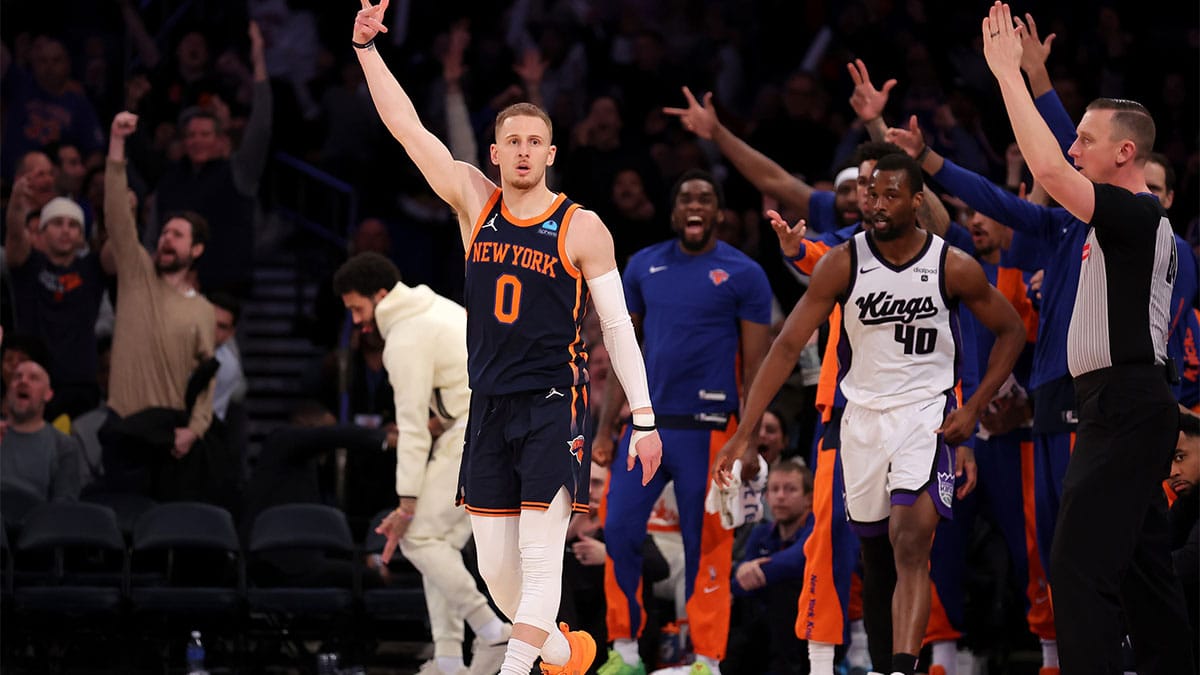
Donte DiVincenzo isn't the only one subject to these ridiculously misguided rules. Golden State Warriors forward Jonathan Kuminga has fallen victim to the exact same scenario, missing out on MIP eligibility because he played at least 20 minutes in 61 games, his total for awards qualification coming in at 63.
DiVincenzo, like Kuminga, probably isn't actually missing out on postseason hardware due to the league office's negligence here. The sixth-year veteran took a major step forward by becoming a driving force of his team's success in his debut campaign with New York, but his game didn't make the same leap such like those of top-tier MIP candidates Tyrese Maxey, Jalen Williams or Coby White. Haliburton, Jalen Brunson and even Shai Gilgeous-Alexander are probably more deserving than DiVincenzo for leveling up tiers of stardom, too.
Still, DiVincenzo's case is at least worth mentioning. Signed for the mid-level exception last summer after rehabilitating his value during a one-season stop with the Golden State Warriors, DiVincenzo began 2023-24 by coming off the bench, emerging as a full-time starter next to Brunson in the Knicks' backcourt three weeks into the regular season.
His ability to competently check both backcourt spots while also making his presence felt as a help defender, rebounder and overall hustler was always bound to make DiVincenzo a favorite of Thibodeau and New York fans alike. Those attributes have been staples of the Villanova alum's game since he entered the league. What accounts most for his growth by far is DiVincenzo evolving into one of the most imminently dangerous high-volume three-point shooters in basketball.
Averaging a solid 9.0 three-point attempts per 100 possessions coming into this season, DiVincenzo upped that number to 15.1 during his New York debut while shooting a career-best 40.1% from beyond the arc. The only other players to hit those tandem marks in 2023-24? Some guy named Stephen Curry and Cleveland Cavaliers marksman Sam Merrill, per research at Stathead.
Don't let his non-starter standing for Most Improved Player influence your perception of his progress in New York. Signed by Golden State for the DiVincenzo has firmly established himself as one of the league's best 3-and-D guards this season. Signed for the taxpayer's midlevel exception by the Warriors after the Milwaukee Bucks and Sacramento Kings both gave up on him amid injury-marred seasons, Donte DiVincenzo has established himself as one of the league's very best 3-and-D two-guards, significant development worthy of widespread recognition.

